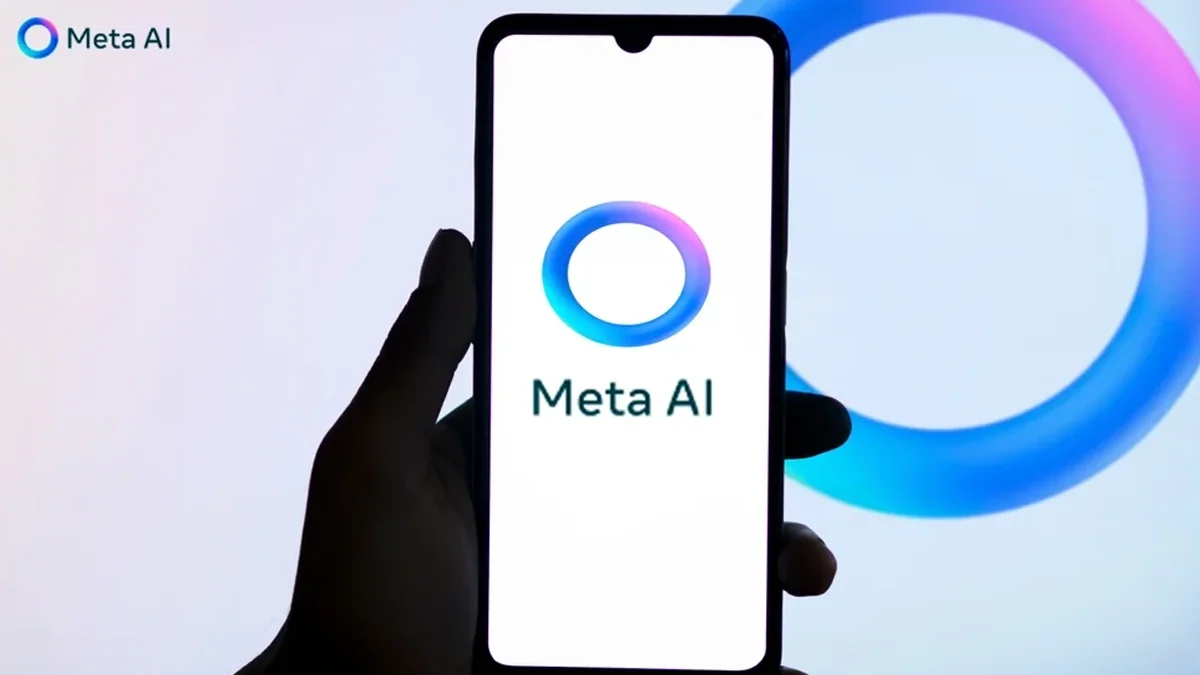Necessary Always Active
Necessary cookies are required to enable the basic features of this site, such as providing secure log-in or adjusting your consent preferences. These cookies do not store any personally identifiable data.
|
||||||
|
||||||
|
||||||
|

Social giant Meta and the US’s largest private developer and owner of clean energy solutions, Invenergy, have signed clean energy agreements, Reuters reported. The latest Invenergy and Meta partnership agreements will see the clean energy solutions company provide an additional 791 megawatts of wind and solar energy to the social media giant.
The four deals are the latest string of agreements that Meta has signed as it seeks to meet rising demand for power needed to support AI technologies. Last year, Meta signed four contracts with Invenergy for the supply of 760 solar power.
Under the new deals, the near-term energy supply from Invenergy will power Meta’s data centers and operations while supporting its clean energy goals. The four renewable energy deals come months after Meta committed to procure 1000 MW of clean energy from Invenergy.
“Surpassing the 1 gigawatt milestone in renewable energy procurement from Invenergy is a testament to Meta’s commitment to matching our growing power needs with clean energy. We’re grateful for Invenergy’s long-term collaboration. These projects will help us continue our commitment to support all of our operations with 100% clean energy,” Head of Global Energy at Meta, Urvi Parekh said last year during the announcement.
Combined, Meta’s MW clean energy deals with Invenergy amount to 1,800 MW. This includes more than 740 MW of new energy generation in Ohio. Invenergy will deliver electricity from the new projects to a local grid. Once delivered, Meta will get the clean energy credits linked to the new generation capacity.
As artificial intelligence becomes an important part of people’s lives, concerns around affordability, reliability, and sustainability of the power needed to power its complex infrastructure continue to grow. Data centers consume huge amounts of power, a challenge that not only strains energy grids but also contributes to climate change.
In 2023, data centers consumed about 4.4% of electricity in the US. Analysts project that this consumption could triple by 2028. The fast expansion of AI also increases water usage, e-waste, and emissions. These challenges underscore the need for tech companies to find sustainable solutions in their quest to win the AI race.
“Winning the AI race requires reliable, cleaner, affordable energy and energy infrastructure – today and in the future. We’re grateful for our continued relationship with Meta and look forward to future partnerships as we work to strengthen American energy independence and economic prosperity,” Executive Vice President of Origination at Invenergy, Ted Romaine, said.
Invenergy is ramping up its push for cleaner, more reliable, and affordable energy. Based in Chicago, the company develops, builds, owns, and operates large-scale clean energy projects around the world. Meta expressed optimism in the company’s ability to support its energy needs.
“We’re laser-focused on advancing our AI ambitions, and to do that, we need clean, reliable energy. We’re grateful for Invenergy’s longtime partnership that helps us support our energy needs and implement our clean energy goals, and look forward to continued collaboration,” Head of Global Energy at Meta, Urvi Parekh, said.
Previously, Meta has announced partnerships with a geothermal startup and different solar projects. The US tech giant is soliciting proposals from nuclear power developers as it seeks to tap into other sources of power.
Invenergy has offices in different parts of the US and Canada. It also has a physical presence in multiple countries, including Mexico, Spain, Japan, Poland, and Scotland. Its affiliate companies are active in North America, Europe, and Asia.
The clean energy solutions company has developed over 34,000 megawatts of power projects. These projects are at different stages- some are operating, contracted, or under construction. The projects include solar and wind farms, power transmission infrastructure, natural gas facilities, and advanced power storage systems.